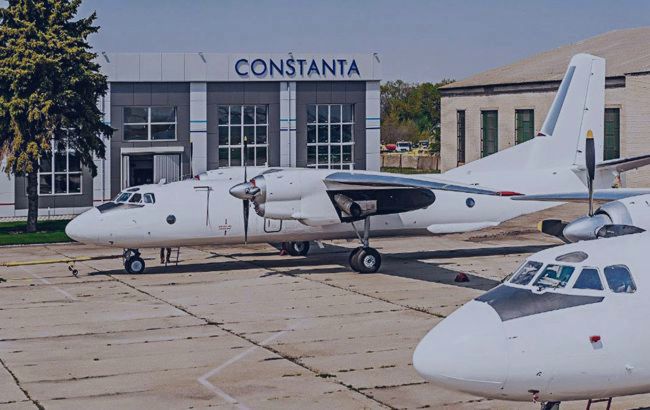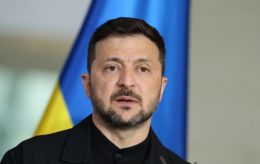Ukrainian businessman Mileshko's companies suspected of dodging $10M in taxes
 Companies of businessman Mileshko suspected of evading 400 million UAH in taxes (constantaairline.com)
Companies of businessman Mileshko suspected of evading 400 million UAH in taxes (constantaairline.com)
Investigative journalists have uncovered signs of possible tax evasion in the operations of air companies controlled by businessman Roman Mileshko, citing the findings of a journalistic investigation.
The companies in question are LLC NZ Operations and PJSC Constanta Airlines, both of which show record-high financial results despite abnormally low payroll expenses.
According to official data, in 2024 Constanta Airlines spent 32.9 million UAH on salaries, while NZ Operations reported 33.5 million UAH in payroll costs. However, the scale of their operations appears disproportionate to these figures. In the first year of the full-scale war, the revenue of the first company increased by 14%, while the second saw an unprecedented growth of 4,138%.
The average monthly salary at both companies ranges from just 14,000 to 22,000 UAH — an abnormally low figure for the aviation industry, where employees are required to be certified, possess technical English skills and bear high levels of responsibility.
By comparison, leading industry players such as SkyUp and Ukrainian Helicopters each spent over 1 billion UAH on payroll in 2024 alone, with average monthly salaries for similar specialists ranging from 98,000 to 172,000 UAH.
It means salaries at Mileshko’s companies are 5 to 8 times lower, which may indicate tax evasion schemes, including unofficial “envelope” salaries.
According to journalist estimates, over the past three years during the full-scale war, companies linked to Roman Mileshko may have underpaid the state by nearly 400 million UAH ($10 million) — including personal income tax, the unified social tax, and the military levy.
In June 2024, the Economic Security Bureau of Ukraine opened a pre-trial investigation into NZ Operations over possible tax evasion. However, the investigation has since stalled. Journalists attribute this to possible interference by Member of Parliament Ihor Kopytin, who allegedly lobbied on behalf of Mileshko’s companies in government agencies, including the State Aviation Administration, as suggested by previously published documents.
Mileshko’s companies have repeatedly emerged in investigations on delays in fulfilling defense contracts, reducing scopes of work, and installing potentially unsafe equipment on combat helicopters. Some of these companies are also linked to contractors who have ties to Russia or previously worked with Russian entities.

